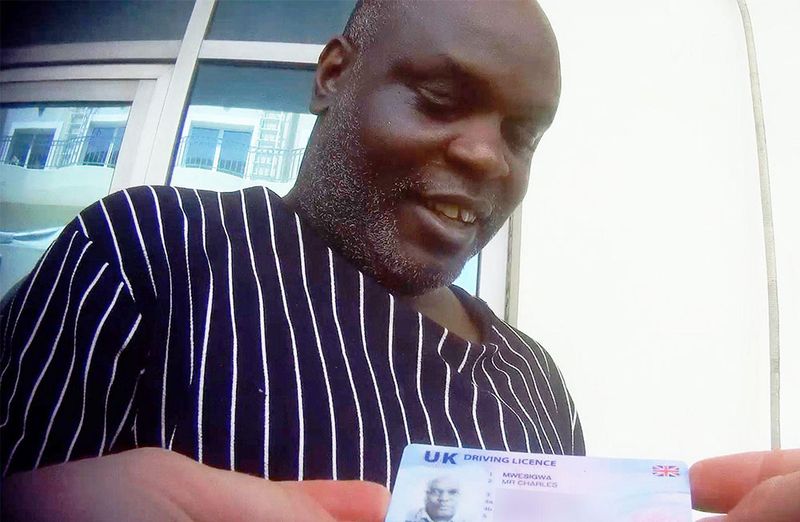
The Ministry of Foreign Affairs has confirmed the detention of Abbey Mwesigwa, who is implicated in multiple cases involving the trafficking of Ugandan girls. The arrest was verified by Uganda’s Ambassador to the United Arab Emirates (UAE), Zaake Wanume-Kibedi.
Last month, a BBC investigation identified Charles 'Abbey' Mwesigwa as the suspected leader of a sex trafficking network operating in Dubai. He is alleged to lure vulnerable Ugandan women with promises of decent employment opportunities, only to coerce them into prostitution once they arrive.
Victims of this trafficking scheme are said to endure extreme abuse, including physical violence, psychological humiliation, and debt bondage.
Tragically, some have died under mysterious conditions, with causes of death often officially linked to drugs or alcohol. The revelations provoked widespread outrage in Uganda, prompting lawmakers to demand stronger protection for citizens living abroad.
Wanume-Kibedi confirmed that Mwesigwa is currently under arrest, a result of coordinated efforts between Ugandan and Emirati authorities.
"Regarding the issue of Abbey Mwesigwa, accused of trafficking Ugandan girls, I'd like to clarify that, according to his legal documents, he is not a Ugandan. However, we have collaborated with his country, and he has been arrested," said Kibedi.
The Ambassador explained that the suspect, who also possesses German citizenship, is currently being held in Abu Dhabi. Discussions are ongoing regarding whether he will be extradited to Uganda or prosecuted in his country of citizenship.
While commenting on the broader issue of Ugandans living abroad, Kibedi raised concerns about undocumented migrants, noting that they are especially vulnerable to exploitation and abuse.
"We have over 160,000 Ugandans living and working in the United Arab Emirates, out of which 8,000 are estimated to be there illegally. Most of them are trafficked, while others are trafficking themselves through overstaying their visas," Kibedi said.
He added that the Ugandan government is working with UAE authorities to organize another amnesty program, similar to the previous initiative that allowed over 1,800 Ugandans to return home before it ended in December last year.
Wanume-Kibedi also pointed out that families of deceased Ugandans in Arab countries often face significant difficulties in repatriating bodies, particularly when the deceased lacked legal immigration status.

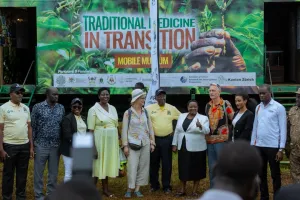
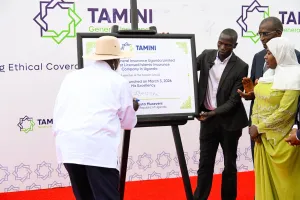
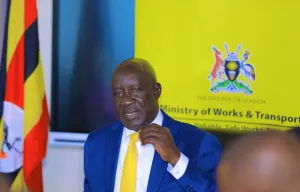
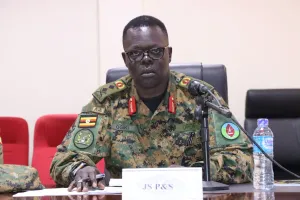








Lynzy Mbabazi
Leave a Comment
Your email address will not be published.